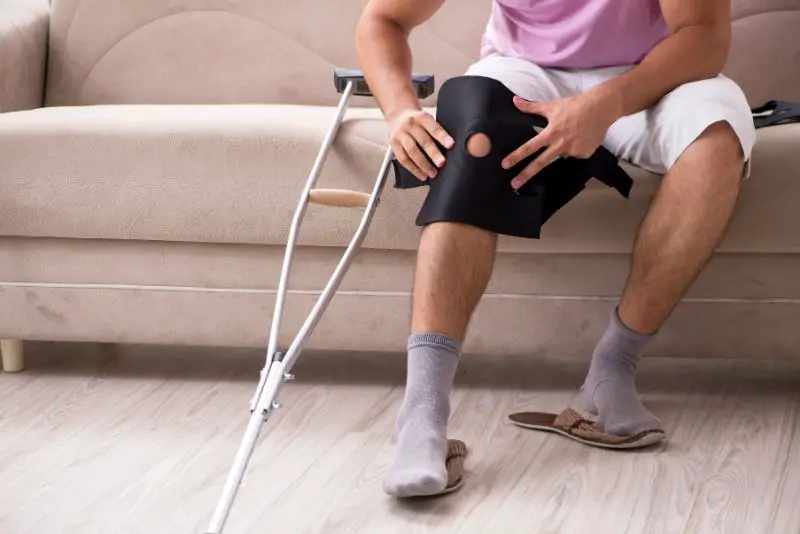The advantages of living alone are many. Peace and quiet, no sharing the remote, and all the closet space are right at the top of the list of benefits to living on your own. Whether living alone is a conscious choice to exert your independence or due to unfortunate circumstances like the loss of a spouse, solo living means you are in complete control of your life and free to live it on your own terms.
But what about after a major surgery? What is the solo dweller supposed to do after a knee replacement, hysterectomy, or other procedure where it is almost impossible to recover without around-the-clock help?
What to do if there is no one to help after surgery?
While it may seem daunting, there are actually plenty of options for people who live alone to receive the postoperative care they need to recuperate from an operation that leaves them unable to care for themselves.
As with anyone undergoing major surgery, one of the first things you will need is a complete understanding of how your recovery process will look.
In advance of your procedure, consult with your doctor or nurse about the stages of your recovery and how much help you may need as you get better. Be sure to let them know you live alone, and ask for recommendations regarding post-operative care.
Lean on Friends and Family
From driving you home from the hospital to preparing meals to doing laundry, friends and family can provide both care and comfort in your time of need.
If you will require a considerate amount of help for a short time, consider having an adult child, a partner, or a close friend stay in your guest bedroom for a while. If you only need help intermittently, you can enlist multiple friends to stop by at different times each day until you’re back on your feet.
As an added bonus, the people who know you will be able to keep an eye on your state of mind in addition to your physical well-being.
Postoperative cognitive disorders like depression, post traumatic stress disorder, and delirium are more common after anesthesia. And, while gift baskets, flowers, and cards wishing you well are nice, they won’t notice the increased irritability, memory dysfunction, or other symptoms these disorders cause. Your friends and family will.
If you live far from friends and family, consider relocating before your surgery. And, depending on the circumstances and your projected needs, you may want to live in a building with an elevator.
Consider In-Patient Recovery
If you don’t have friends and family to help out, or if your care will require more medical intervention than either of you may be comfortable with, consider recovering in a local rehabilitation facility instead. Skilled nurses and aides in these facilities will take care of all your medical and personal care needs.
In addition to scheduling your stay in advance, you may need to contact your health insurance company to see what portions of your care will be covered. Depending on the type of insurance you have and the type of care you need, you may be looking at extensive out-of-pocket expenses.
Enlist Professional Help at Home
If neither of the above options work for you, you can compromise by receiving skilled care from professionals at home. In-home aid is usually the most expensive option for postoperative care, but it is also the most convenient for people who live alone.
Contrary to what many people think, this type of assistance doesn’t make you feel like you’re being babysat. Nurses perform only the services you need. You also get to stay close to the things you love. Sitting in your favorite chair, listening to your favorite music, and snuggling with your cat or dog can lift your spirits and even speed up your recovery.
In addition to professional medical care, you may want to look into other professional services while you recover. You likely won’t be able to clean your home, keep up your yard, or even care for your pet for a while after your procedure.
Hiring a cleaning team, lawn care company, and dog walking or overnight boarding service until you get back on your feet will provide peace of mind and allow you to focus on yourself.
Whatever you decide, don’t forgo care. The consequences of not receiving the right care are far worse than the temporary lack of freedom. Rest assured, there is an option for care that will fit your needs and your budget until you’re ready to go back to living independently.



